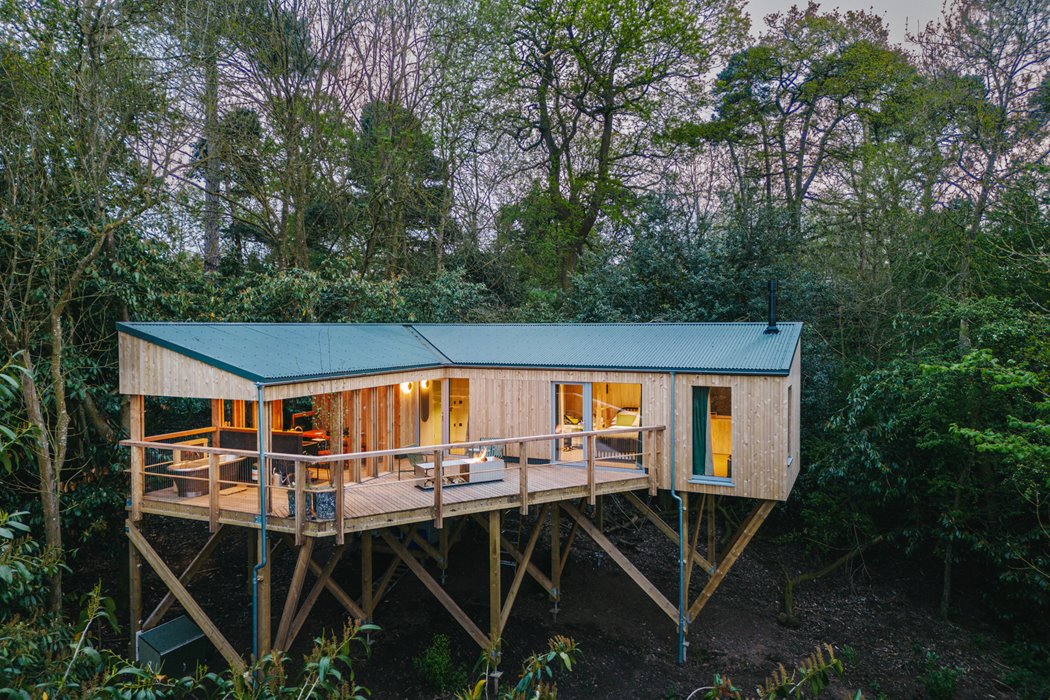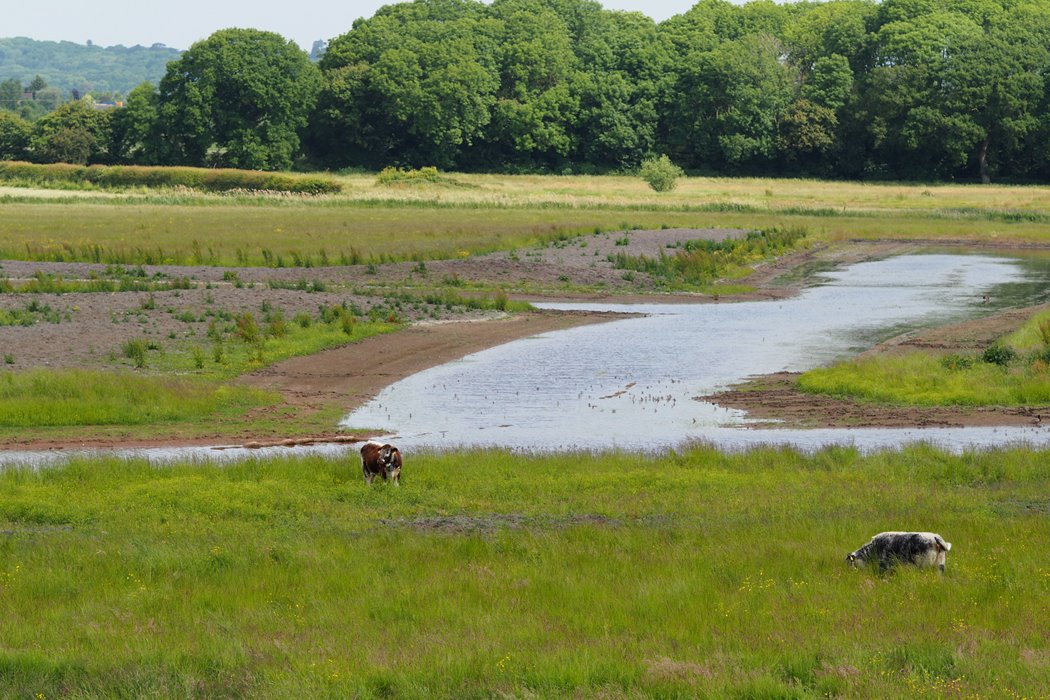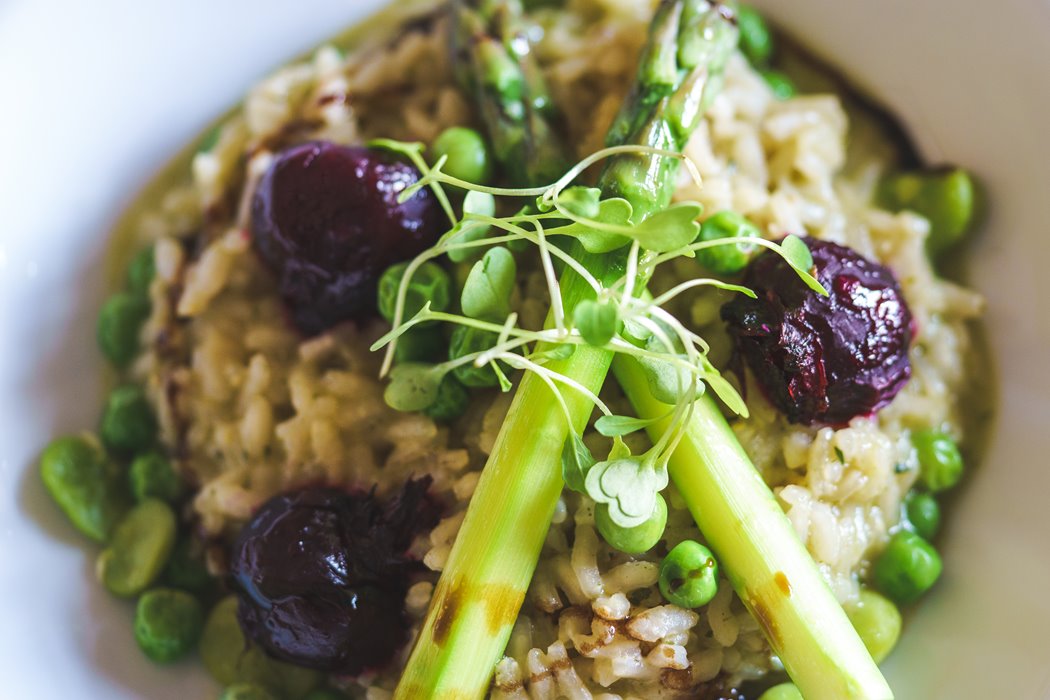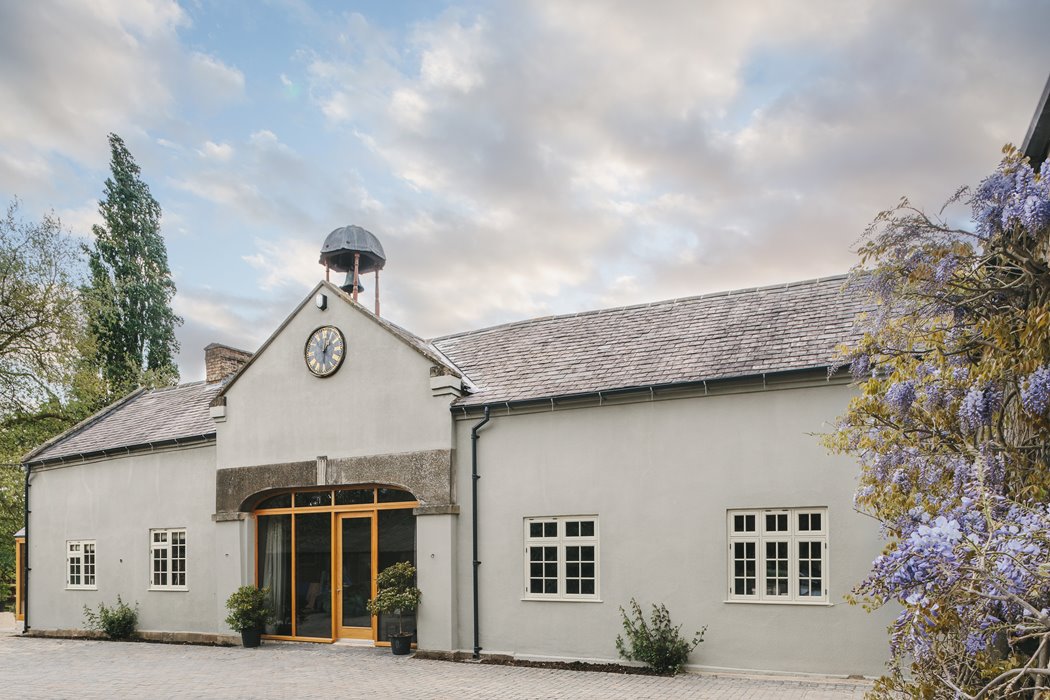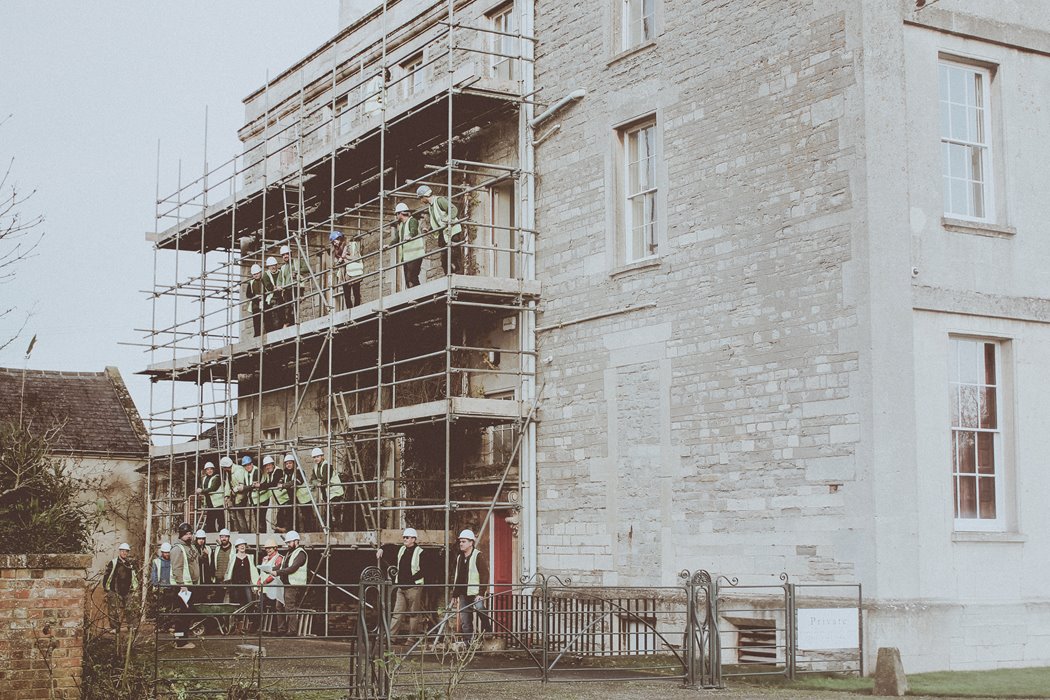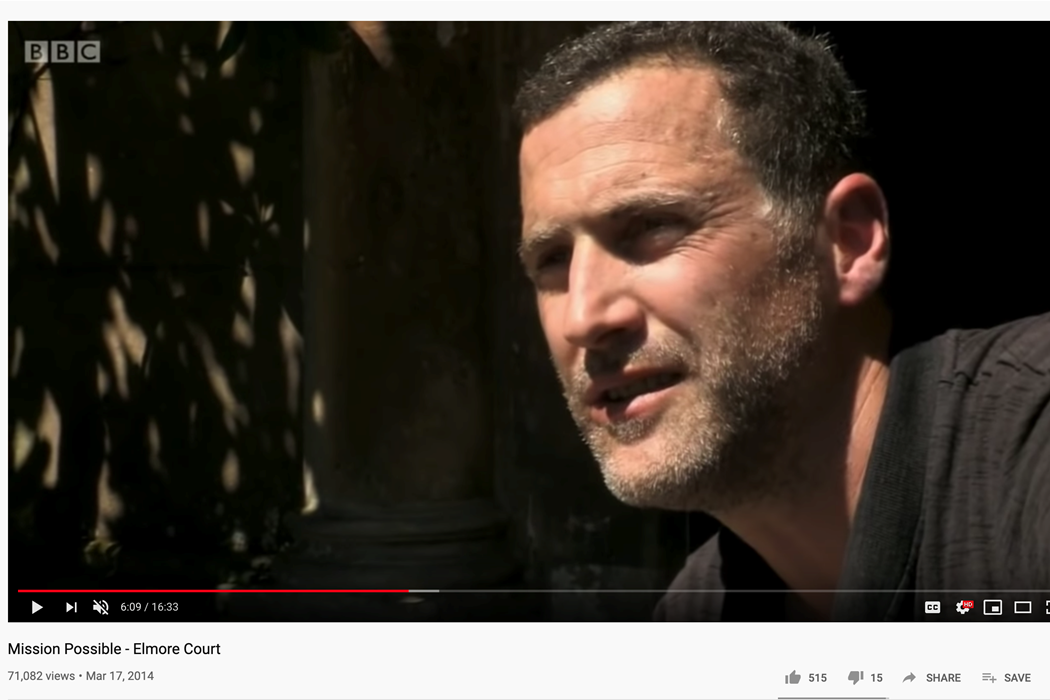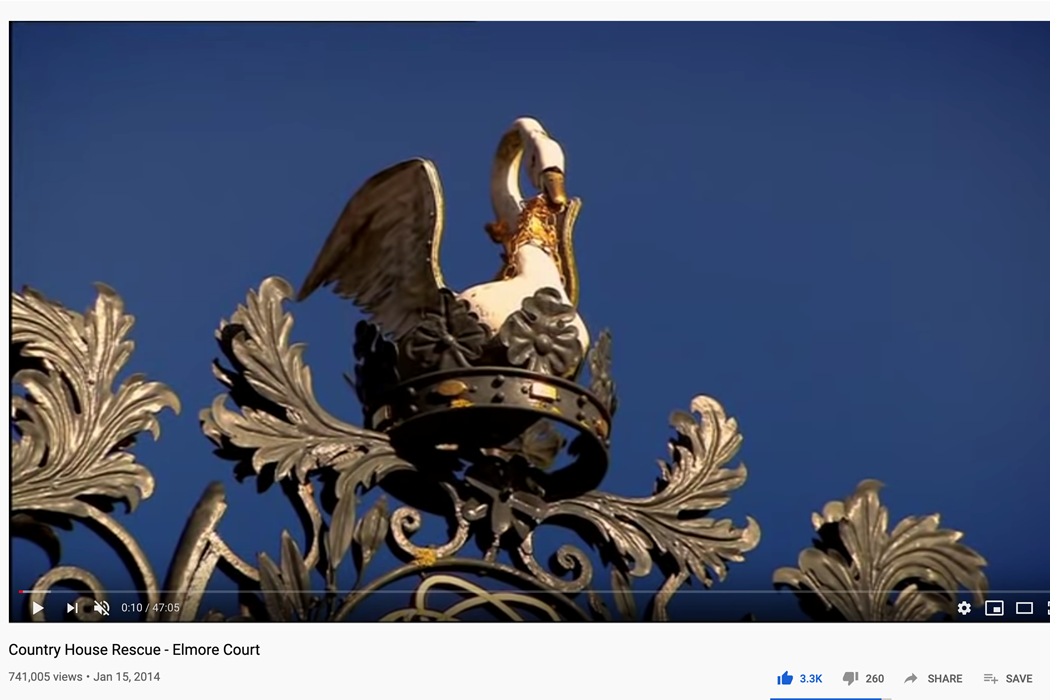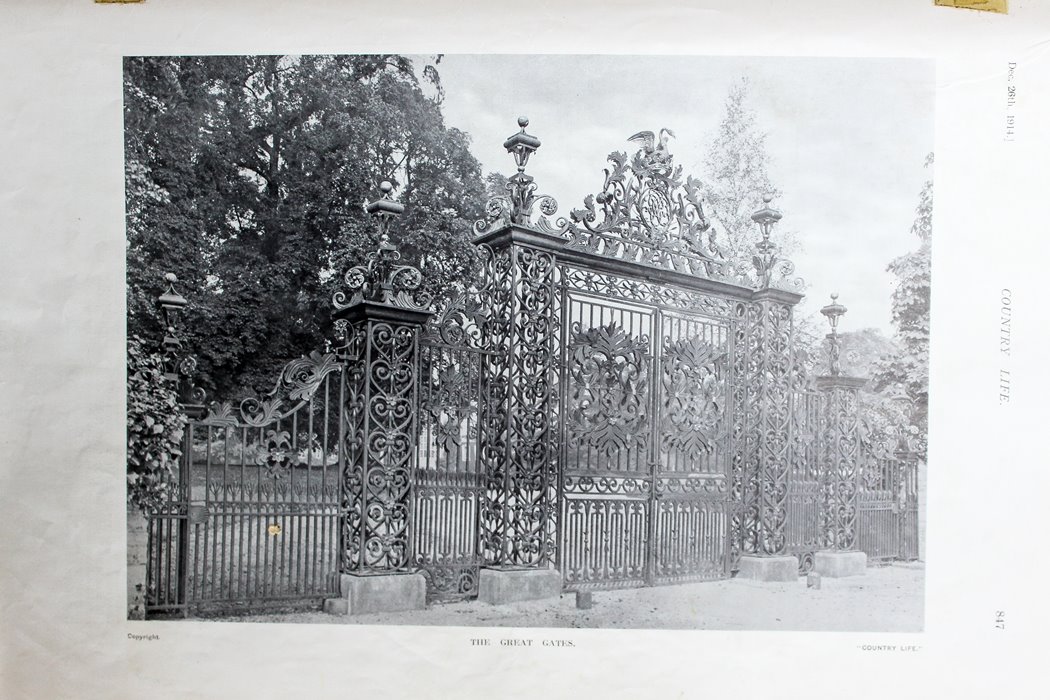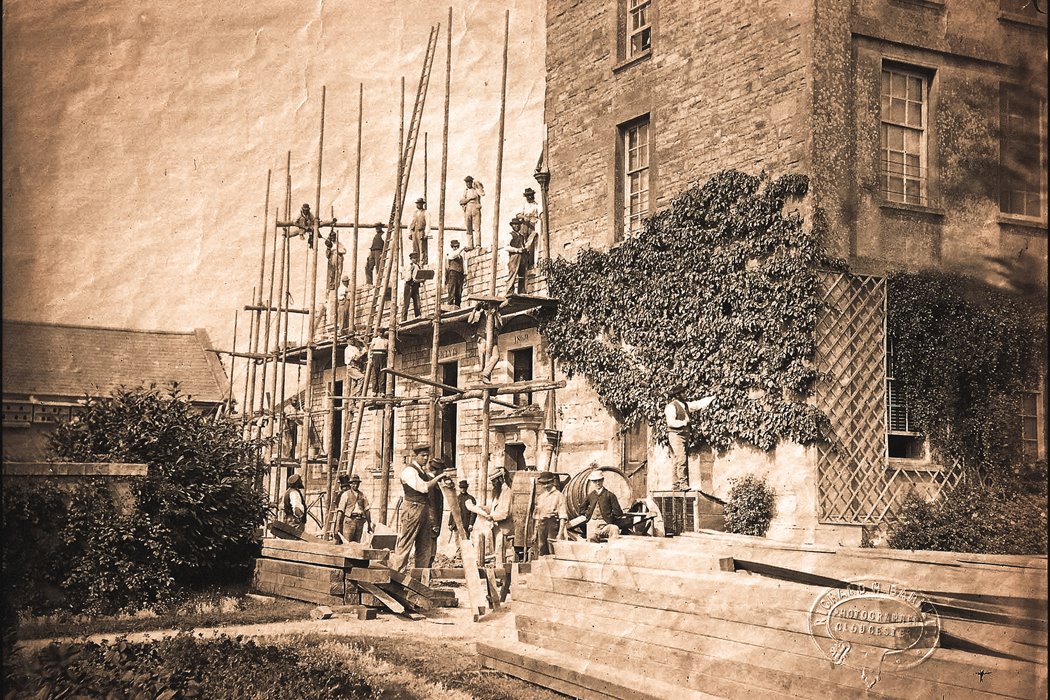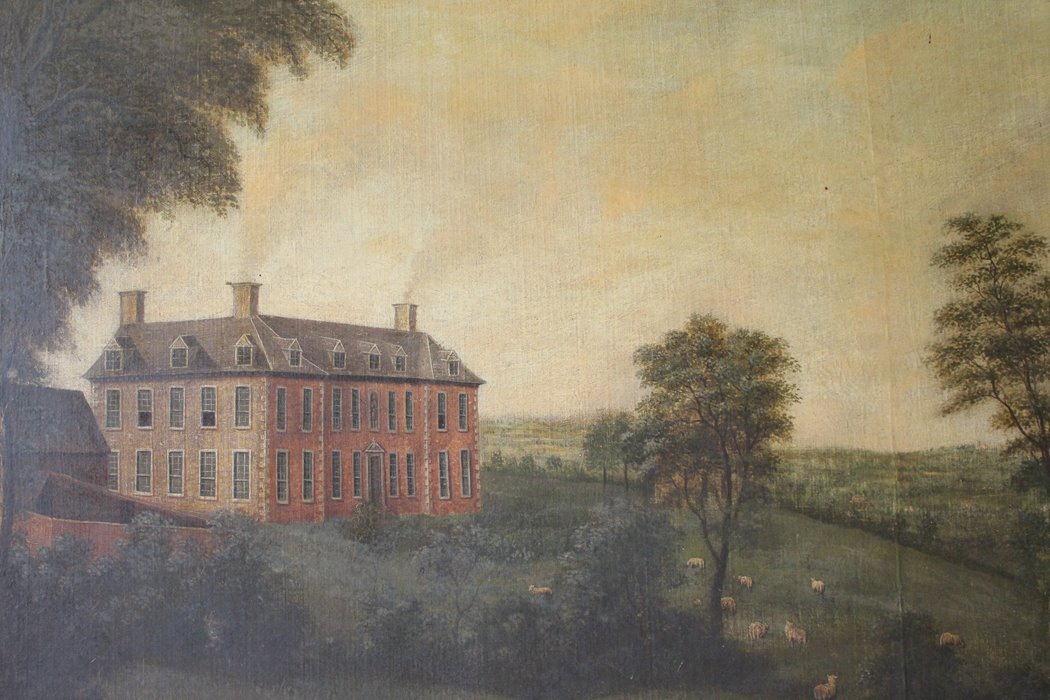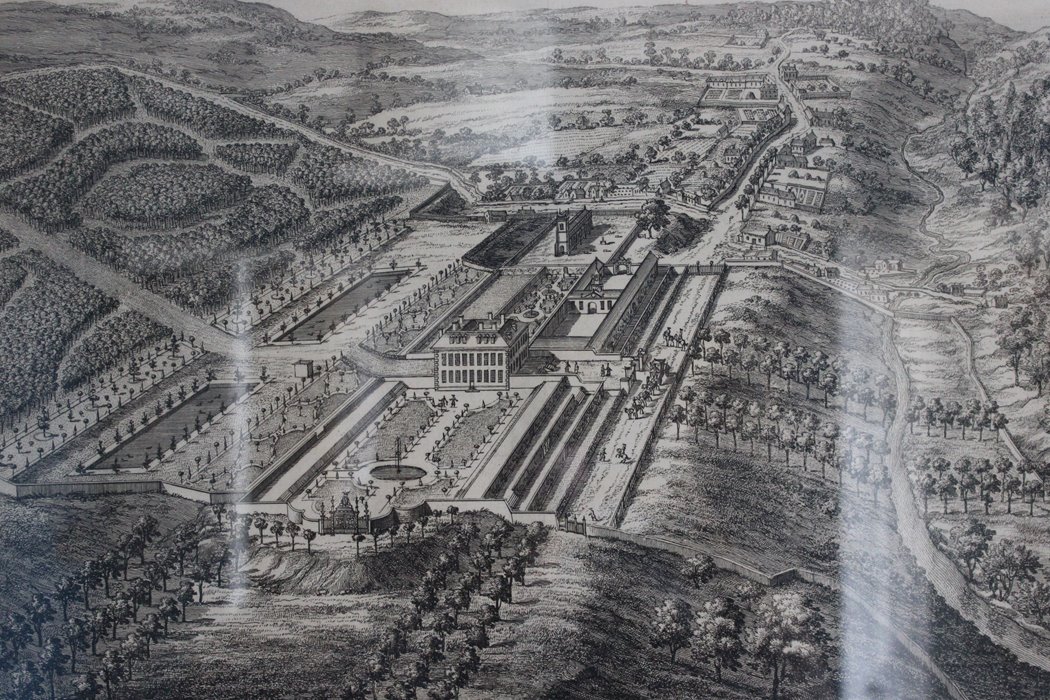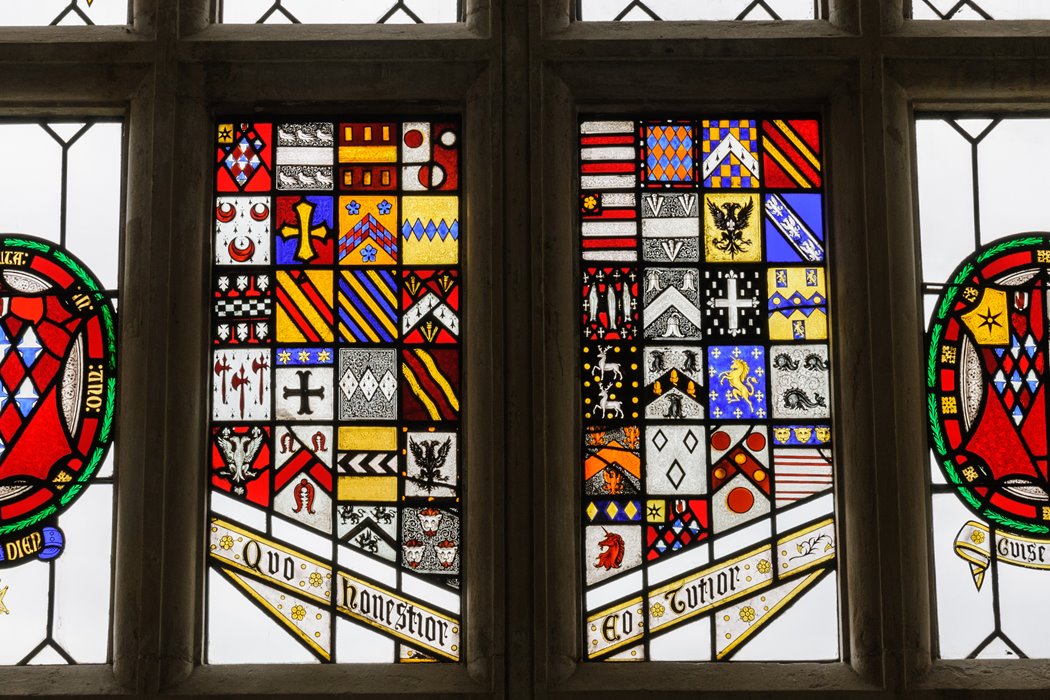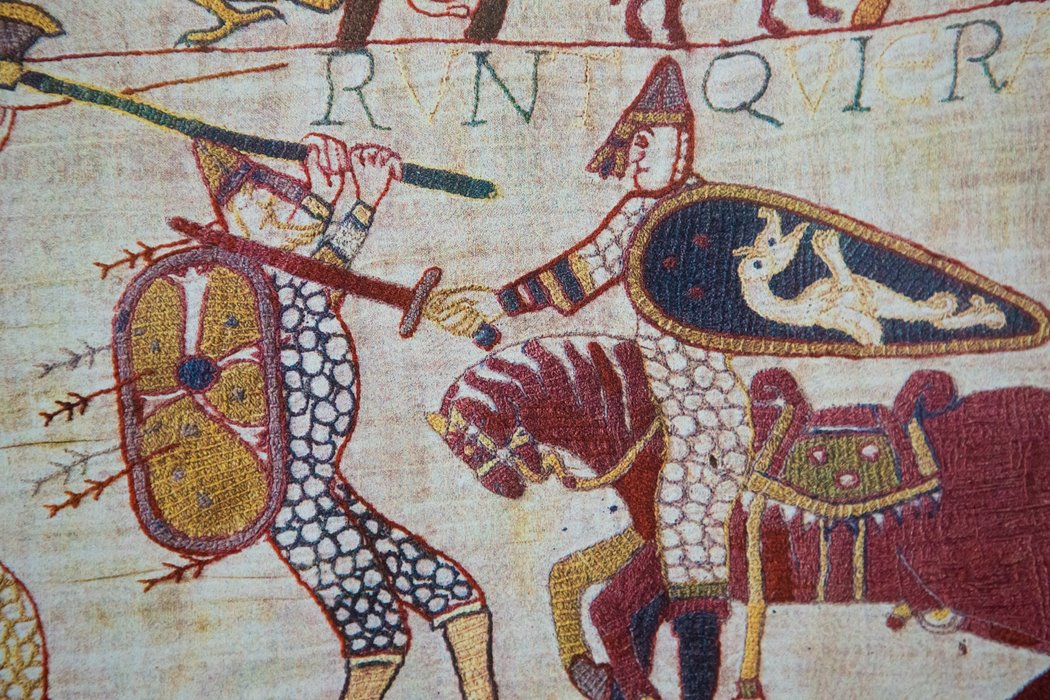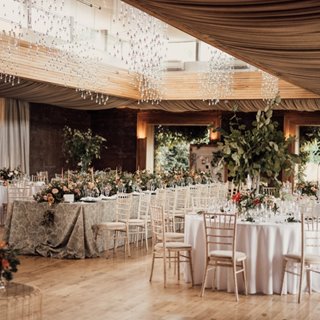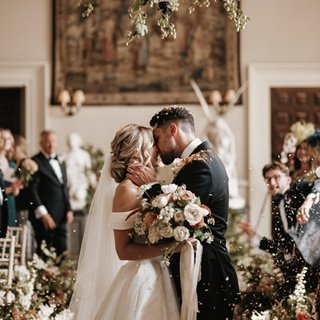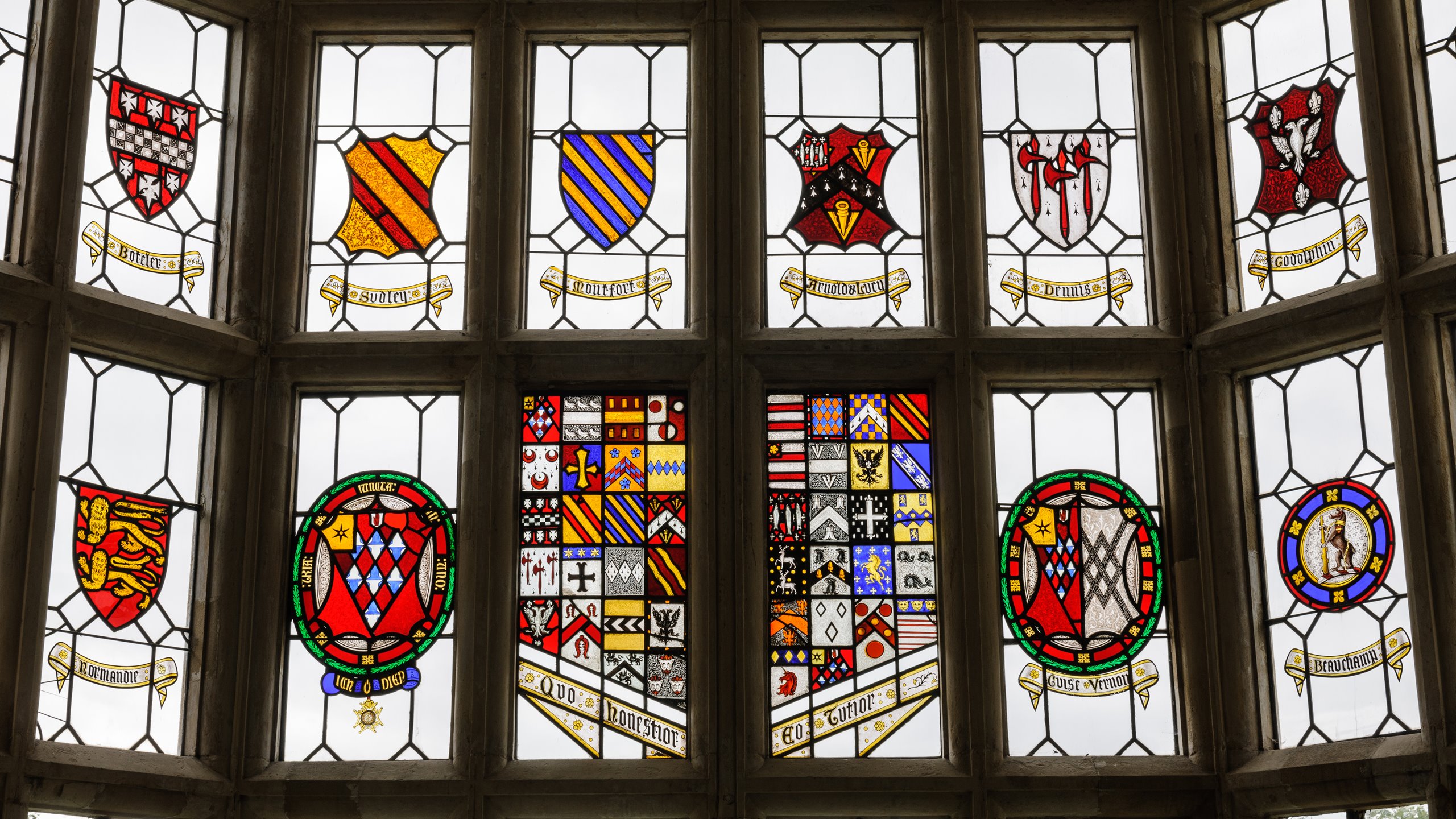
History
History
At Elmore Court there is a very rare and strong heritage which dates back to the 13th Century and even before..
Anselm Guise, the present owner, has 750 years of continuous family ownership to keep alive.
Scroll down for a potted journey back in time.
Treehouses
While our rewilding project continued, next was something Anselm had been dreaming of since he was a kid... Building a treehouse!
Overlooking the wetlands are six wonderful treehouses, ready and waiting to host your woodland stay. These magical cabins opened in May 2023.
Rewild
The 2020's brings the next stage ... A determination to continue and expand the work to make the estate sustainable and more than that actually positive for our environment. It's what we do right now that makes the future better...
Food... Glorious Food!
In 2018 we converted the old victorian kitchens as the perfect place for tastings and pastry making and added a whole new kitchen area. Fresh local produce, sustainably sourced and cooked to order is more and more the order of the day.
May 2017
Fully open again with 16 bedrooms in the main house and the new Coach House all ready and loving being used. A summer of events ahead of us... What's next?
Another Phase
End of 2016 and the Builders were back.
Another 8 bedrooms in the main house and a new addition arrived called The Coach House. Exciting and slightly exhausting times.
Openings
In 2013 we opened in almost the form we are now... With 8 bedrooms and no Coach House. It was a very wonderful and rather nervous time. The BBC filmed some of the story which you can see via the button below.
BBC FilmNaughties
Anselm inherited the house in 2007 not really knowing what to do with it but the age old culture of 'upstairs downstairs' was definitely ending... Channel 4 captured what happened then and you can watch a glorious documentary if you hit the button below.
Country House RescueThe 20th Century
Elmore was lived in very traditionally for all of the last century. Anselm’s father, Sir James Guise, his Aunt and late Uncle were all born into this way of living and remember being sent for at dinner time in their best clothes. More recently it was a wonderful family home and staff continued to look after the family throughout.
Upstairs Downstairs
Most of the west side of the house was built around 1870 and the rest earlier in the century. It was during this time until the end of the great war that a great deal of people worked at the Court and it was typical of our imagination of country houses with all the upstairs / downstairs goings on that one might expect.
Jerusalem
After the Napoleonic war, the family owned 3 estates. Elmore as well Rendcombe (now a school) and Highnam Court (pictured). Rendcombe and Highnam were sold.. Highnam to the Parry family whose son Hubert wrote the music that rousing hymn 'Jerusalem'...
Party Time!
In 1794 a certain Berkeley Guise, whilst living at Rendcombe (pictured) inherited and later decided to use Elmore as a proper party pad and it was him that built the existing dining room. He died without an heir in 1834 and his younger brother John, a General and Anselm's great great great grandfather took over.
Knight and Estates
Throughout the middle ages and the renaissance the family lived at Elmore and prospered. Buying the estate at Rendcombe in 1638 and acquiring through marriage the estate at Highnam in 1783. Knighthoods were granted with Sir Christopher becoming the 1st Baronet of Elmore in 1661. His descendent Sir William travelled a great deal.. most notably with his friend Edward Gibbon in 1764. Read more about that here.
Gillyflowers
The Guise family were granted the land at Elmore in 1262 by the court of King Henry 3rd. The Rent was set at ‘The Clove of one GillyFlower’ each year and it is in honour of that that we have named the building that has done so much to secure the estate in the family for at least a little longer...
Conquests
The Guises arrived with William the Conqueror and initially settled in what is now called Apsley Guise in Bedfordshire (where they kept property until about 1540). Before the conquest they were nobles in Northern France and before that almost certainly were Vikings...
